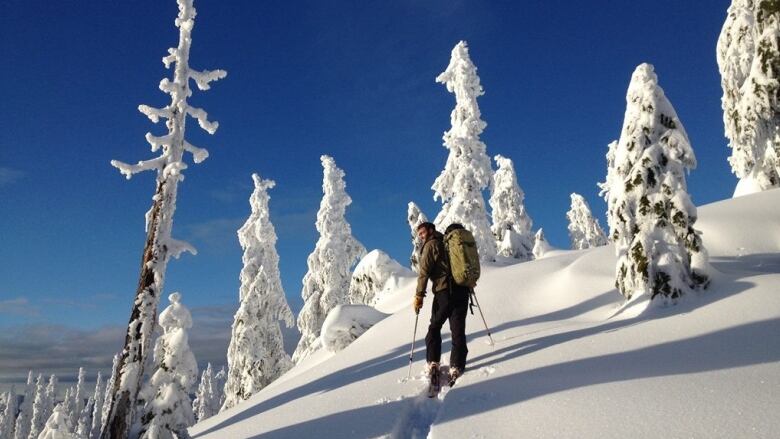New book details 50 years of the Sierra Club in B.C.
In 1969, a group of British Columbians created the Sierra Club B.C. to protect wild places in province

In some ways, the British Columbia of 1969 hadsome striking similarities with the British Columbia of 2019: it was a time when many peoplein the province were concerned about the environment and had a desire to make real social change.
It was against this background fighting for the protection of wild spaces like the Nitinat Triangle and the West Coast Trail in the early 70s to the great logging battles on Vancouver Island culminating in the War of the Woods in 1993 that the Sierra Club of B.C.developed as an influentialforce for environmental change in Western Canada.
Diane Pinch, a Victoria, B.C.-based writer and long-time volunteer with the environmental club, has documented the club's history from its beginnings in the province in 1969 to present day in a new book called Passion and Persistence: Fifty Years of the Sierra Club in British Columbia.
The Sierra Club was originally started in San Franciscoin 1892. Pinch says the B.C. chapter of the club was launchedin partby Terry Simmons, a graduate student at Simon Fraser University from California.
At the time, a large resort development was planned for the ski hill on Cypress Mountain and many people were concerneddevelopers wouldclear cut trees in the area.
"Simmons came up the idea of getting Sierra Club involved," Pinch said. "[It]seemed to make more sense to have this club that had a lot of knowledge about how to do a proper campaign."
Although some area of the Cypress sitewas clear cut,the provincial government, facing pushback from activists, eventually designated the area as a provincial park in 1972.
Modern day movement
Pinch said another thing she tried to document in the book is the shift from local environmental movements in the past to how people grapple with more complex issues like climate change in the modern day.
"It is difficult," said Pinch. "It's not something you can show pictures about, like, you know, trying to save the Vancouver Island marmot. It's not this very little creature that people, you know, that say oh let's get out there and do something about that."
Still, Pinch says the passion and persistence of the group which still boasts thousands of members and volunteers can still make a difference.
"I'm hoping that the readers will go away with a feeling of hopefulness and optimism that it is possible to make change."
Listen to the interview with Diane Pinch on All Points West:
With files from All Points West












_(720p).jpg)


 OFFICIAL HD MUSIC VIDEO.jpg)
.jpg)



























































































